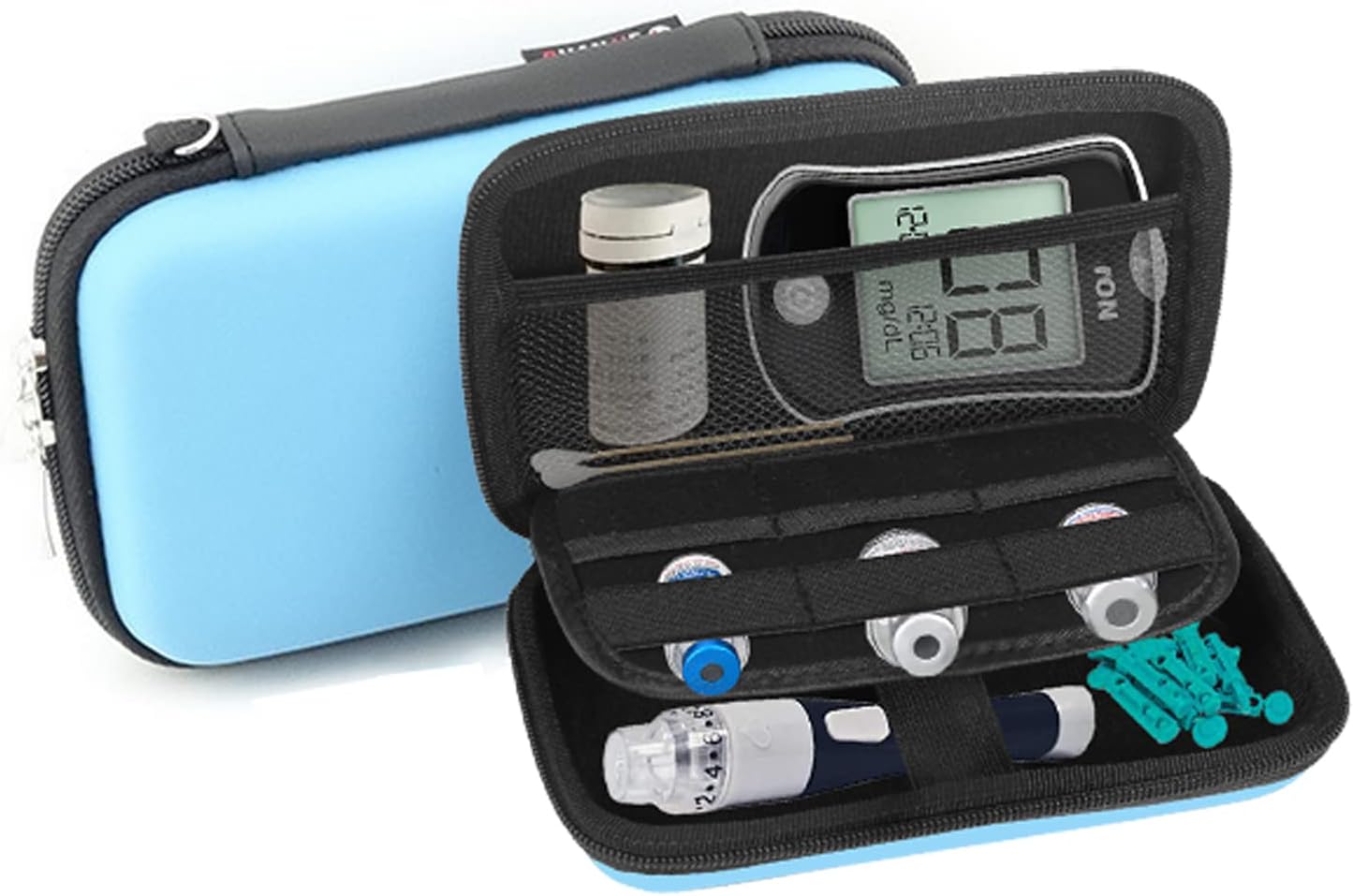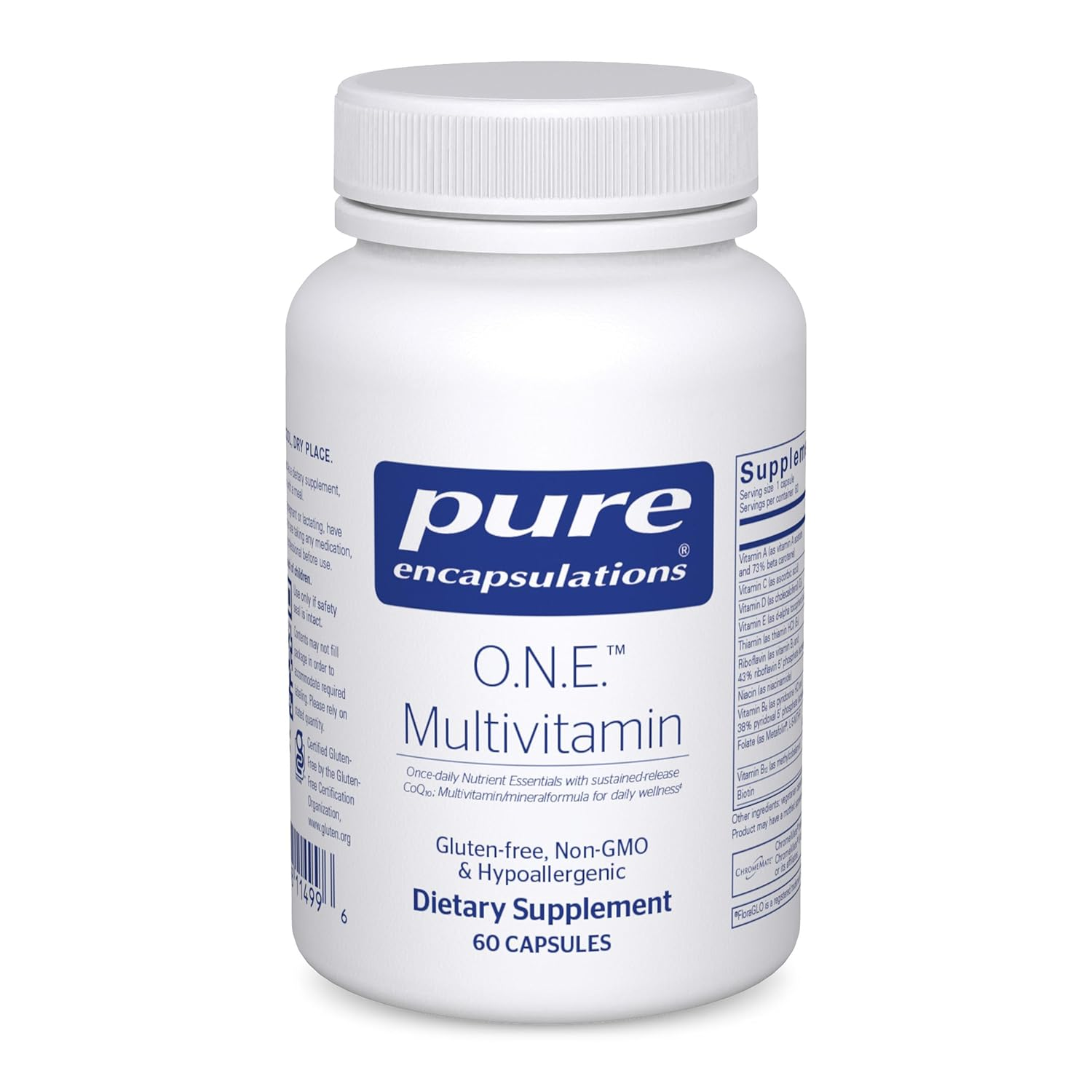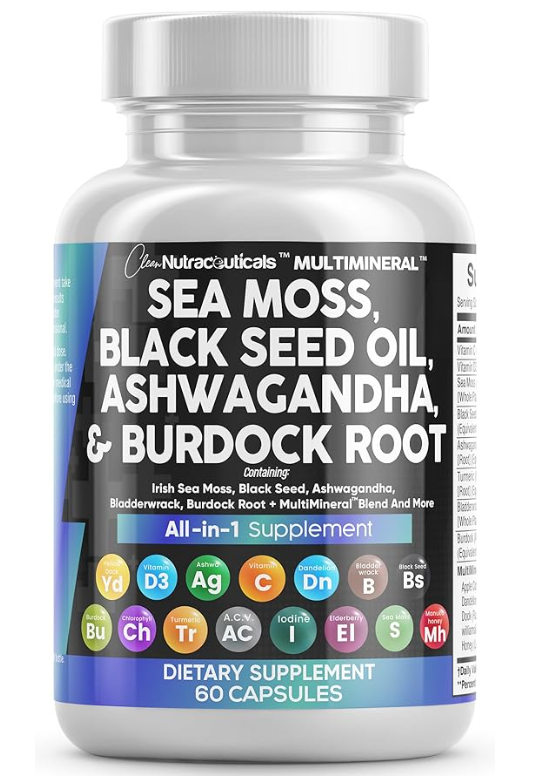The Importance of Vitamins for Seniors
As the body ages, it becomes less efficient at absorbing nutrients, making it crucial for seniors to supplement their diet with essential vitamins. This is particularly important for those over 70, who may have dietary restrictions or chronic health conditions.
Key Vitamins and Their Benefits
-
Vitamin D: Essential for bone health, vitamin D helps prevent osteoporosis, a common concern for seniors. It aids calcium absorption and supports immune function. Research from the National Institutes of Health indicates that adequate vitamin D levels can reduce the risk of fractures and falls, which are prevalent among the elderly.
-
Vitamin B12: Critical for nerve function and red blood cell production, B12 is often deficient in seniors due to decreased absorption. A deficiency in vitamin B12 can lead to cognitive decline, making it essential for maintaining mental acuity in older Individuals.
-
Vitamin C and E: These antioxidants protect cells from damage, supporting skin health and potentially reducing the risk of chronic diseases. Vitamin C is also important for wound healing and can enhance the immune response, while vitamin E is known for its role in preventing oxidative stress and maintaining skin health.
Considerations for Vitamin Supplementation
-
Seniors should consult their healthcare provider before starting any new vitamin regimen to ensure it complements their dietary intake and does not interact with existing medications. This consultation is crucial because certain vitamins, if taken in excess, can lead to toxicity.
-
Choosing high-quality supplements from reputable brands can ensure the purity and efficacy of the vitamins. Look for supplements that have been third-party tested for quality assurance.
Best Sellers
The Role of Fish Oil in Senior Health
Health Benefits of Fish Oil
-
Cardiovascular Health: Omega-3s help reduce inflammation and lower the risk of heart disease, a leading concern for seniors. The American Heart Association recommends the intake of omega-3 fatty acids to support heart health.
-
Cognitive Function: Studies suggest that omega-3s can support brain health, potentially delaying cognitive decline associated with aging. Omega-3s are known to improve synaptic plasticity, which is crucial for memory and learning.
-
Joint Health: The anti-inflammatory properties of fish oil may alleviate symptoms of arthritis, improving joint mobility and comfort. Regular intake of fish oil supplements can reduce the need for nonsteroidal anti-inflammatory drugs (NSAIDs), which can have adverse effects when used long-term.
Selecting the Best Fish Oil Supplement
-
Look for fish oil supplements that are tested for purity and free from contaminants like mercury. It's advisable to choose products that are certified by organizations such as the International Fish Oil Standards (IFOS).
-
It's important to consider the dosage and form (capsules vs. liquid) that best fits the senior's lifestyle and preferences. Some seniors may find liquid forms easier to ingest, while others may prefer the convenience of capsules.
The Necessity of Blood Glucose Monitoring
Understanding Blood Glucose Monitoring
-
Importance: Monitoring blood sugar levels helps prevent complications associated with diabetes, such as cardiovascular disease and neuropathy. Regular monitoring allows for timely adjustments in diet, exercise, and medication.
-
Devices: Blood glucose monitoring devices, including diabetic sugar monitors, are vital tools that allow seniors to track their blood sugar levels conveniently. These devices provide real-time data that can help in making informed decisions about lifestyle and treatment.
Choosing the Right Monitoring Device
-
Consider devices that are easy to use, with features like large displays and simple interfaces, which are beneficial for seniors. Devices that offer voice-guided instructions can be particularly helpful for those with visual impairments.
-
Accuracy and reliability are crucial, ensuring that the device provides consistent and precise readings. It's advisable to select devices that are FDA-approved and clinically validated for accuracy.
Advancements in Glucose Monitoring Technology
-
Continuous glucose monitors (CGMs) represent a significant advancement, offering real-time tracking without the need for frequent finger pricks. These devices are particularly useful for seniors who require close monitoring of their glucose levels.
-
Smart devices that sync with smartphones can provide comprehensive glucose tracking, making it easier for seniors and caregivers to monitor trends and make necessary adjustments.
Comparison of Popular Blood Glucose Monitoring Devices
|
Brand
|
Features
|
Price Range
|
User Rating
|
|
GlucoTrack
|
Non-invasive, smartphone compatible
|
$80 -$100
|
4.5/5
|
|
AccuCheck Guide
|
Easy to handle, Bluetooth enabled
|
$50 -$70
|
4.3/5
|
|
OneTouch Ultra
|
Compact, fast results
|
$30 -$50
|
4.2/5
|
-
National Institutes of Health, Office of Dietary Supplements:https://ods.od.nih.gov
-
American Heart Association:https://www.heart.org
-
Mayo Clinic - Vitamin D:https://www.mayoclinic.org/drugs-supplements-vitamin-d/art-20363792
This article was written on November 11, 2024. All deals are accurate at the time of writing. Please check the retailer's website for the latest information.






